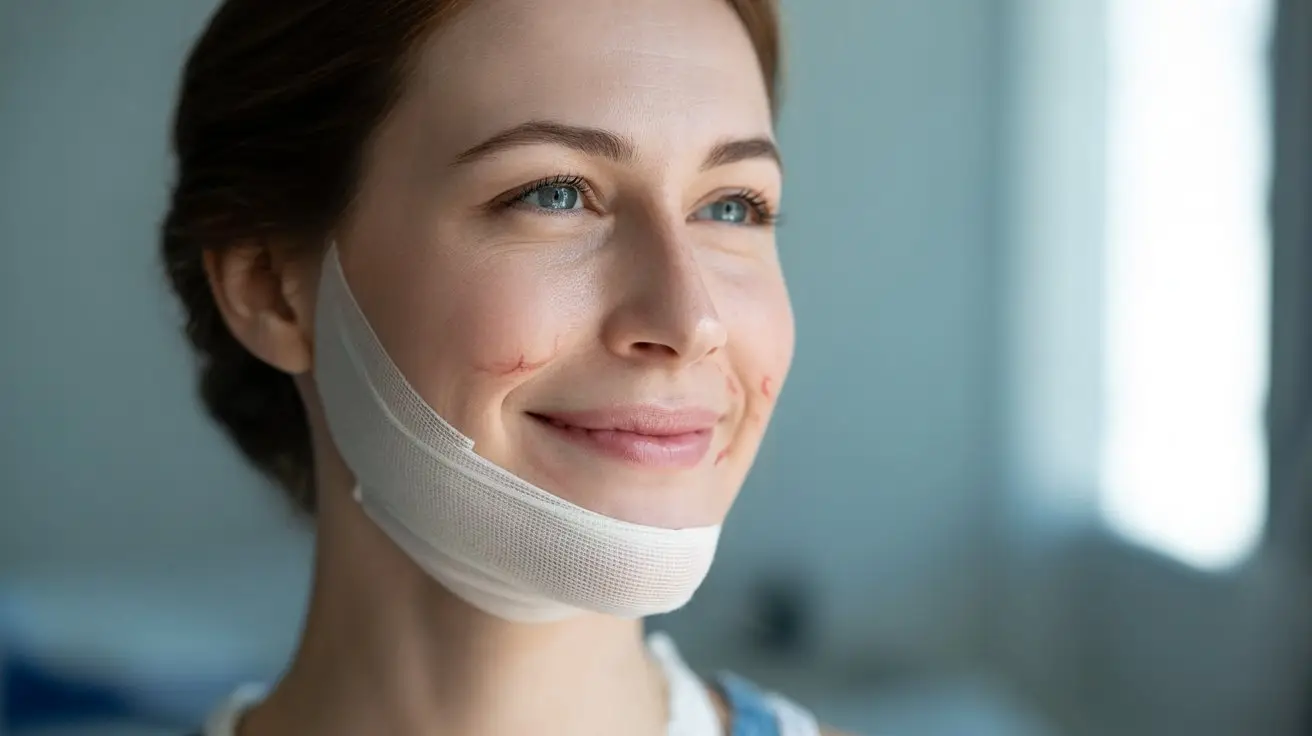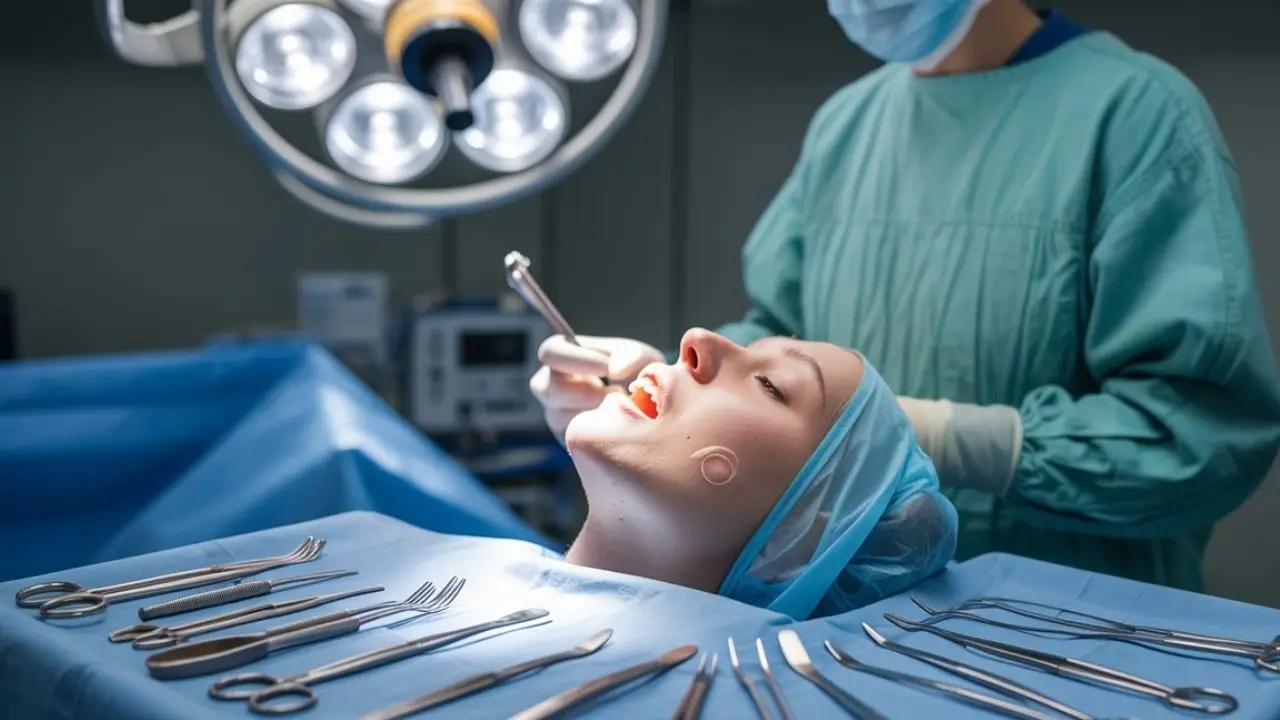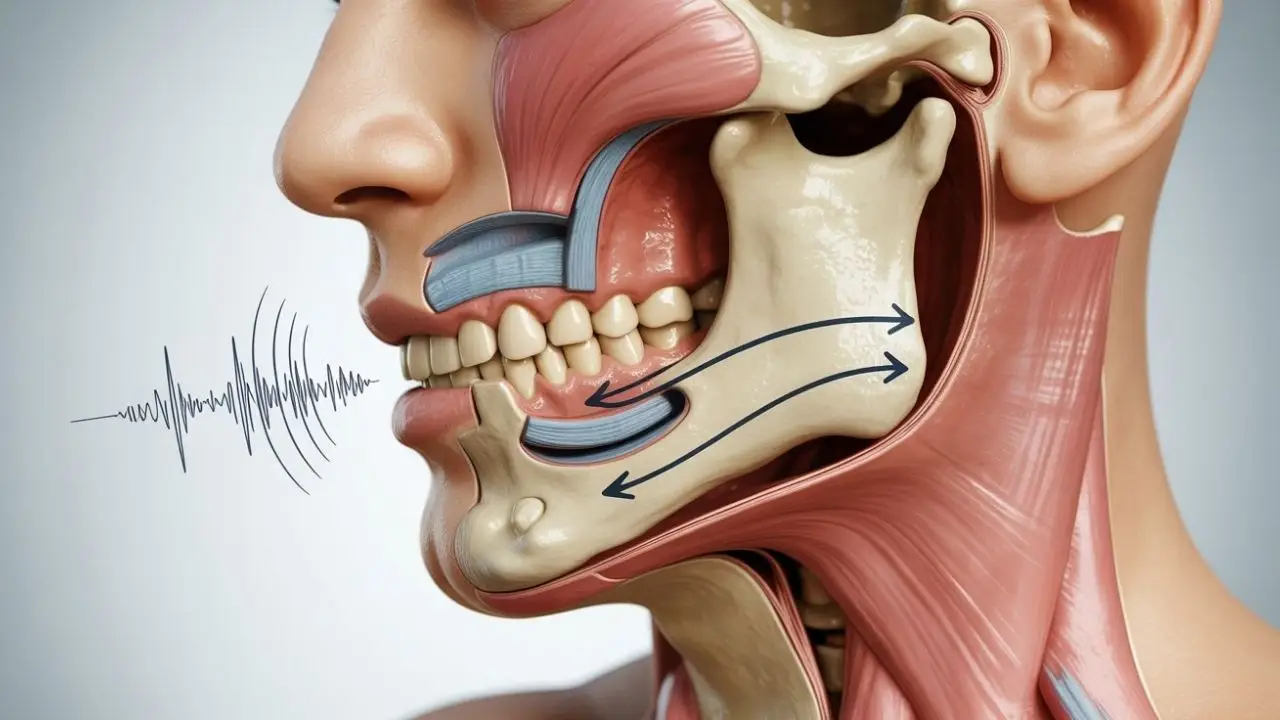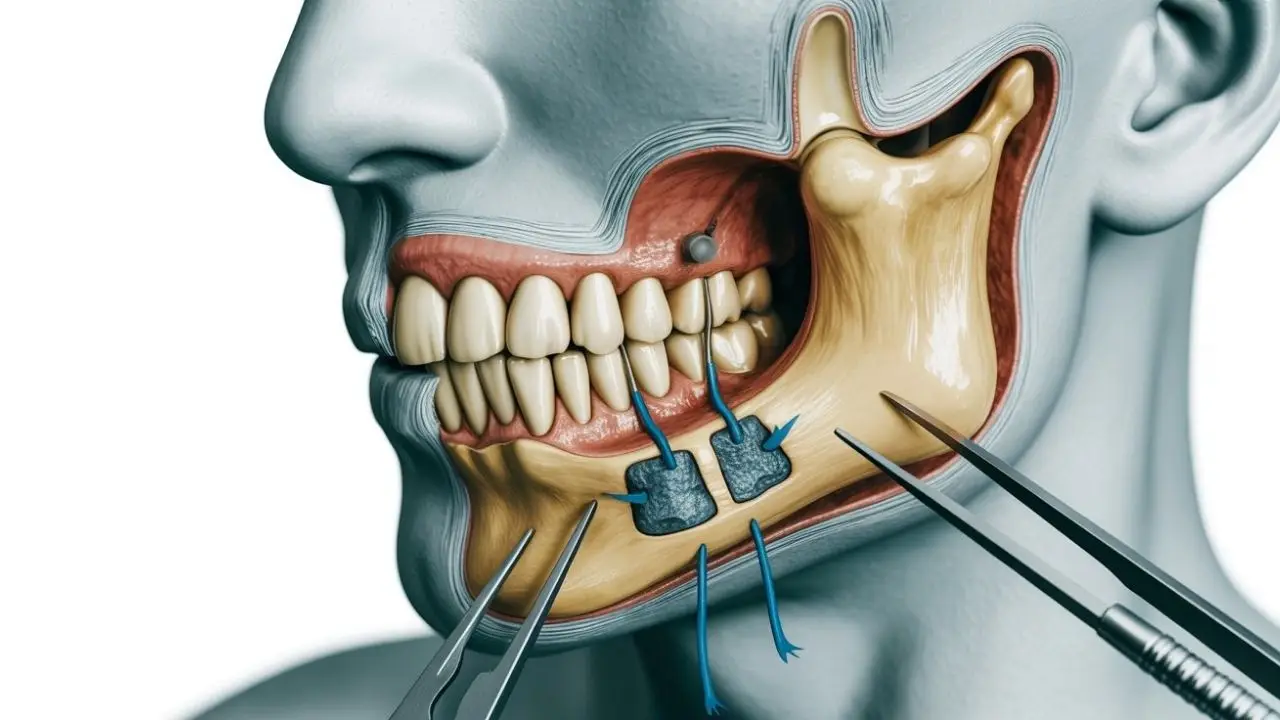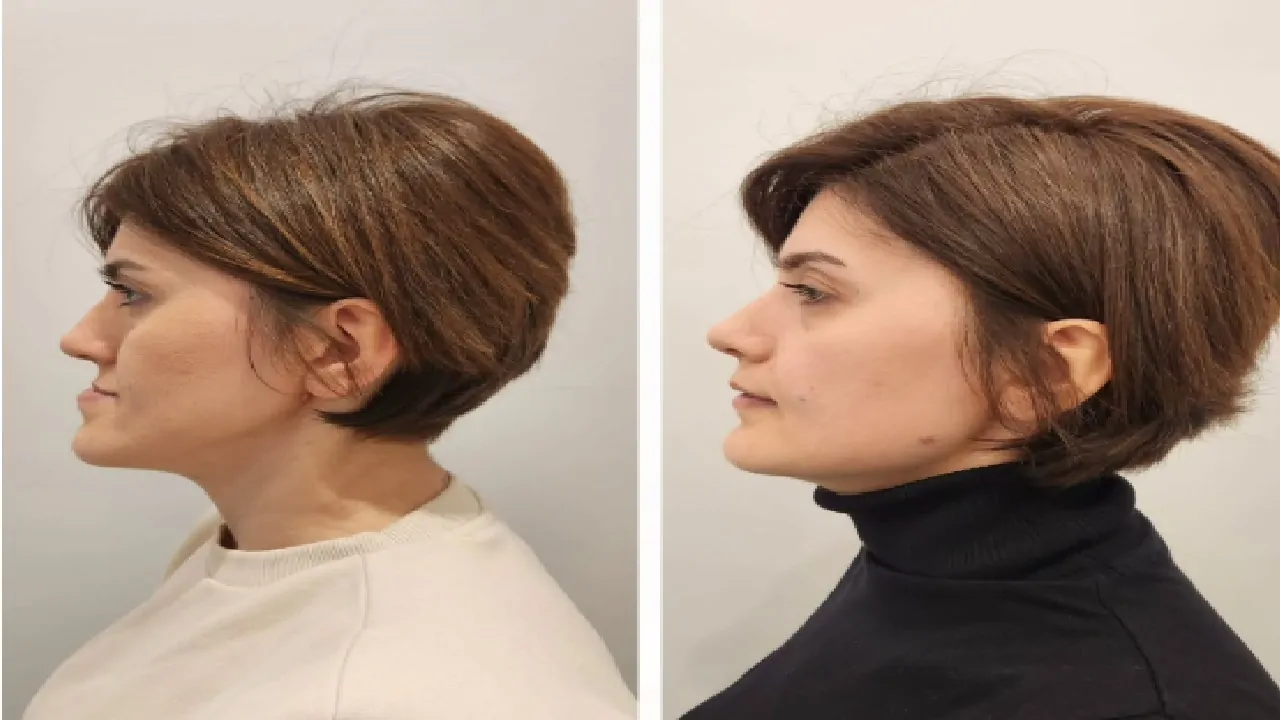Some people may need jaw surgery to improve their facial aesthetics, correcting bite issues, and alleviating long-standing pain or dysfunction. But sometimes there is a small possiblity for relapse. So, how to prevent jaw surgery relapse?
Although jaw surgery has a high success rate, rarely relapse may ocur. This is the result of lack of precautions. More, if patients do not followlong term care properly, it is most probably unescapable. If you have jaw surgery and would like to prevent relapse, please follow the steps about how to prevent jaw surgery relapse properly.
What Is Jaw Surgery Relapse?
Firstly, it is necessary to mention that relapse rates vary depending on the type of surgery, underlying condition, and post-operative care. The range of the relapse depends on the case and it changes from %5 to %20.
What is jaw surgery relapse? Jaw surgery relapse refers to the partial or complete return of the jaw to its original position after orthognathic surgery. This surgery is possible to happen months or even years post-op. Also, it may result in changes in bite alignment, facial symmetry, or TMJ symptoms.
What are the Common Causes of Relapse?
To know the causes of relapse will be the most effective step for how to prevent jaw surgery relapse. Common causes of relapse may be lined as below:
| Facial muscles tend to pull the jaw back to its original position. |
| Inadequate or poorly managed braces or retainers. |
| Joint instability can disrupt surgical corrections. |
| In younger patients, ongoing jaw growth can lead to changes. |
| Diet, exercises, or appliance wear. |
| Sleep apnea, parafunctional habits like clenching, grinding, or connective tissue disorders. |
How to Prevent Jaw Surgery Relapse?
Following steps for how to prevent jaw surgery relapse will help patients who have jaw surgery in advance.
1.You Should Follow Your Orthodontist’s Instructions Exactly
Please remember that orthodontic treatment is often needed both before and after surgery. You need to make sure that you wear elastics or retainers as prescribed, you attend regular follow-up appointments, and you avoid self-adjusting or skipping bands.
2. You Need to Commit to Long-Term Retainer Use
It is important to remember that even years after the jaw surgery, patients’ bite may shift. To prevent this mostly orthodontists recommned to their patients wearing retainers. So, you need to consider permanent retainers or nighttime appliances that your dentist recommend. More, it will be useful to set calendar reminders to ensure consistent use.
3. You Had Better Practice Post-Surgical Jaw Exercises
One of the other recommendations is that physical therapy or guided jaw exercises help patients to prevent relapse. So, you need to retrain your muscles to support the new bite, reduce tension or muscle memory pulling on the bones, prevent stiffness or asymmetrical movement.
4. You Should Monitor for Bruxism and TMJ Disorders
Another cause for relapse may be clenching or grinding. These can reverse surgical progress by exerting force on the jaw. So, please use a night guard if your dentist recommend. Also, pleae treat TMJ symptoms early and do not ignore clicking, pain, or locking.
5. You Need to Get Some Daily Habits
To avoid jaw surgery relapse you should avoid chewing gum frequently, nail-biting or pen-chewing, and sleeping on your stomach. On the contrary pay attention to eat soft, nutritious foods during recovery, and avoid crunchy foods until you get recovery.
6. You Should Schedule Regular Check-Ups
Early awareneess is always the most supportive element fot relapse. Because it sometimes be subtle at first by dentist. So, it would be better if you schedule visits at 1 month, 3 months, 6 months, and 1 year post-surgery. And also, to continue annual checkups, especially in the first 3–5 years will prevent jaw surgery relapse.
7. You Need To Focus on Your Breating
For people who breath through the mouth and have sleep apnea are the number one that has the risk of relapse. So, they need to get evaluated for sleep-disordered breathing. If they snore, gasp at night, or wake up tired, it is necessary to be diagnosed.
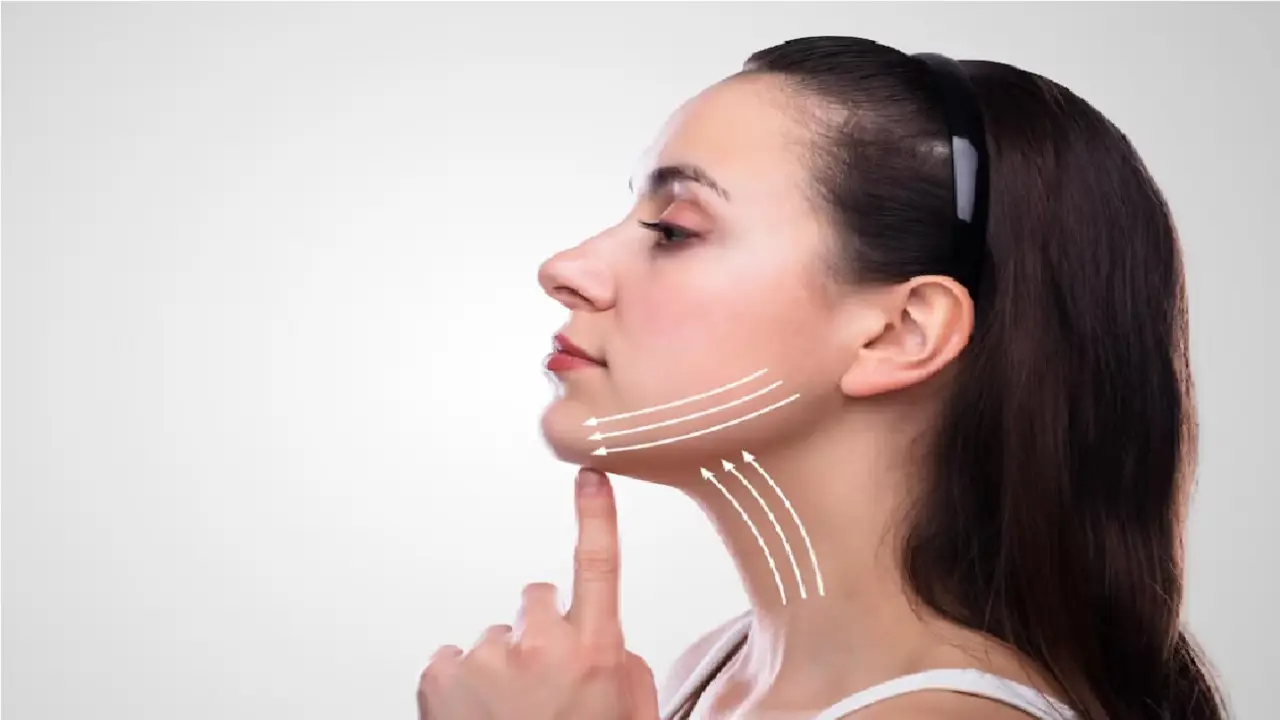
Useful Recommendations for How to Prevent Jaw Surgery Relapse
To sum up, how to prevent jaw surgery relapse depends on the consistency, awareness, and partnership with your dentist/orthodontist/surgeon. You need to follow the recommendations properly for after surgery to prevent relapse.
You can visit our clinic to have clear, healthy, and organized treatment life. Celal Çandırlı is a well known professor who has many successes in this field.
Frequently Asked Questions About How to Prevent Jaw Surgery Relapse (FAQ)
There are some asked questions about how to prevent jaw surgery relapse commonly. Most of the paople have the same hesitations about relapse.
Can Relapse Be Completely Prevented?
It is possible to pervent relapse by a good post-op orthodontic support, retainer use, jaw exercises and muscle reconditioning, and addressing habits like grinding or poor posture.
Can Grinding Teeth Cause Relapse?
Mostly grinding teeth in one of most effective reasons of relapse. So, please do not forget to use a night guard, teat underlying stress or sleep disorders, and get regular TMJ evaluations regularly.
